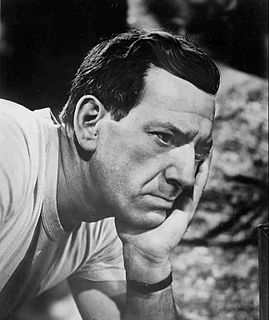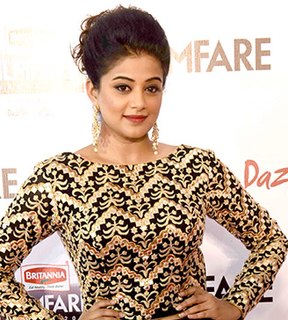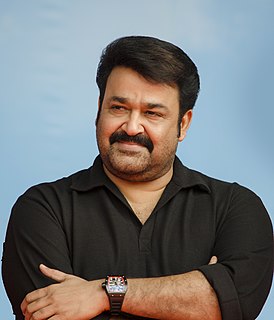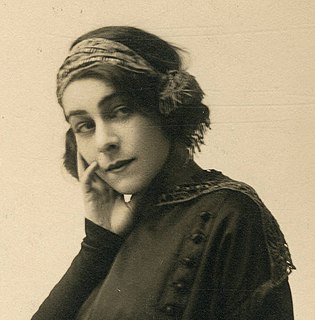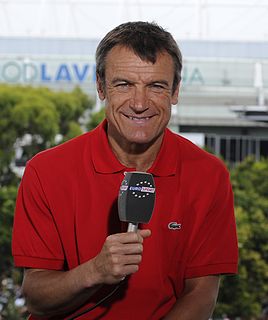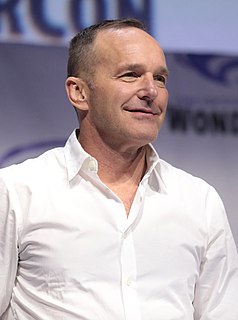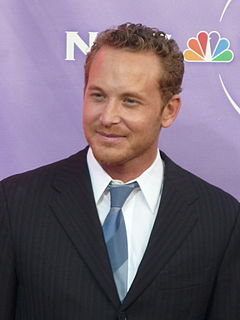A Quote by Jack Klugman
The only tool we have as artists is selectivity. If you're a painter, you select the color, the lines, how severe they should be. As an actor you develop how angry you should be. You select how angry you should be. You listen to the other actor and then you react. In film, sometimes the other actor isn't even there. You have to play the scene. What I do is I call on my experience on the stage. I play the scene and I hope that I reach a certain level of integrity because that's what I learned on the stage.
Related Quotes
Priyadarshan has directed over 84 films and more than 150 ad films. With every film, he is growing. He knows his job well; he is thorough. His way of making a film and song or choreographing a scene is entirely different from other directors. He knows how to use an actor's talent and how to handle an actor.
Sometimes a scene works and acting is the easiest thing in the world and you don't have to do much of anything - just enjoy yourself and listen to the other actor. When it doesn't work, then every actor has different ways of dealing with the impasse. Sometimes you use memories from the past. Whatever. It depends from job to job.
When you're doing comedy on stage, it's great because you have the audience there and they're like another actor in the scene. You feed off of them, laugh. But in film when everyone's quiet, it's all about timing. But the key to that is to be authentic. Be in the moment, and if you play the moment truthfully, the humor will be there.
Certainly what constitutes a stage actor, what constitutes a film actor, I don't even know what that is. And both things are very accurate, in a sense. In terms of people's needs to concentrate on race, I wonder if it's completely necessary, but it's not something that is so dynamically relevant to me that I feel it should be one thing or another.
